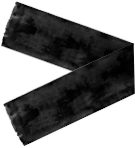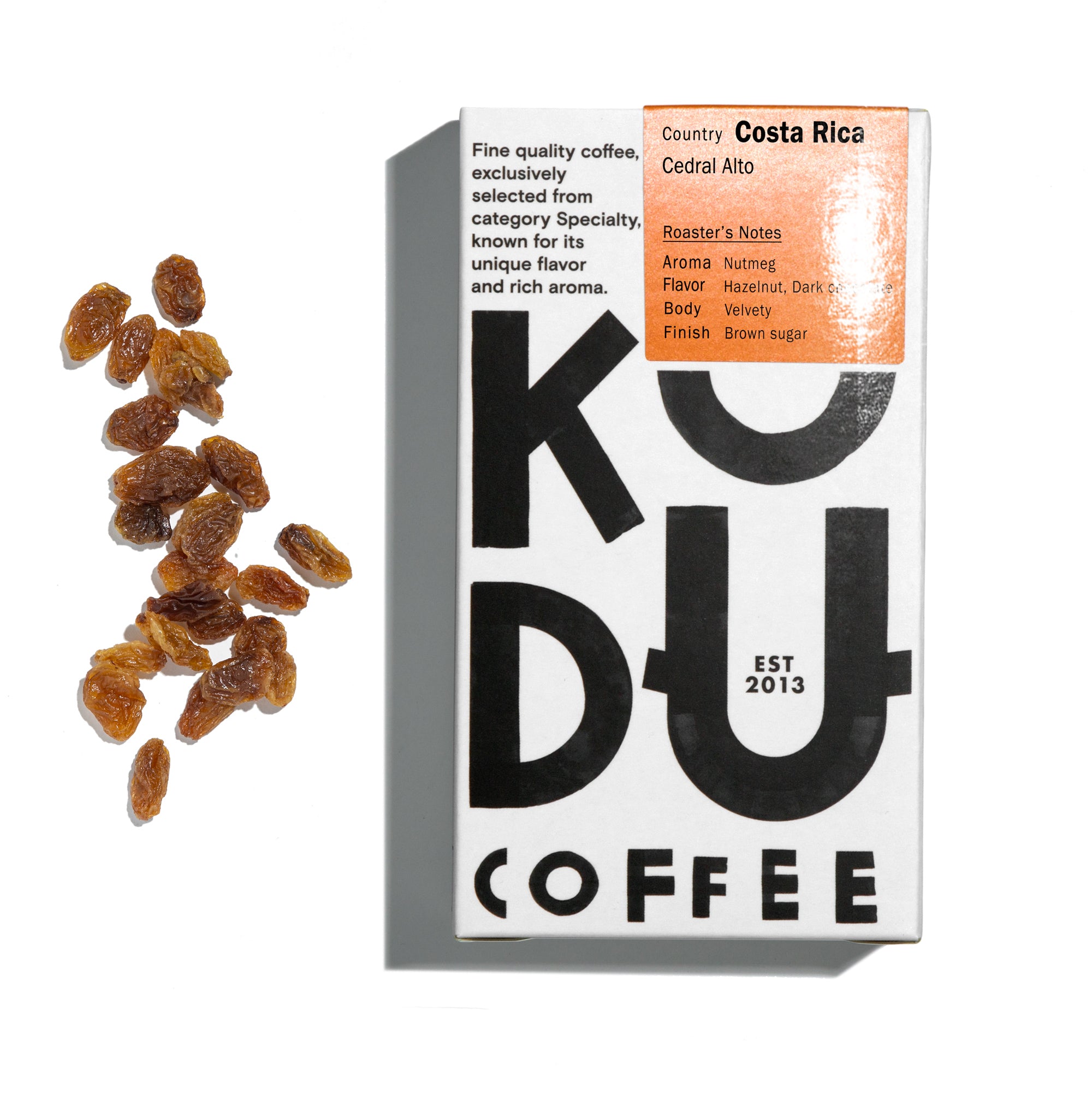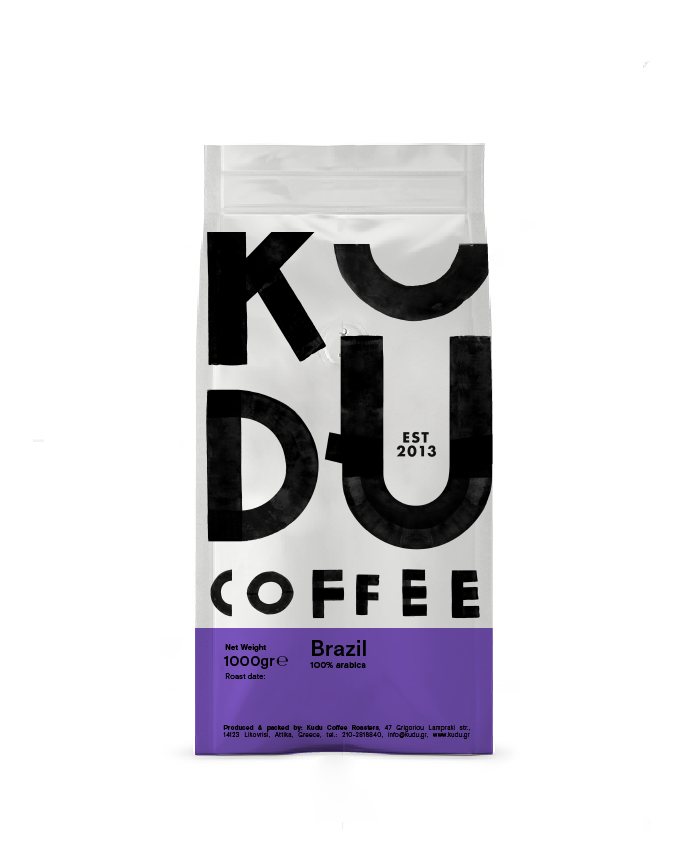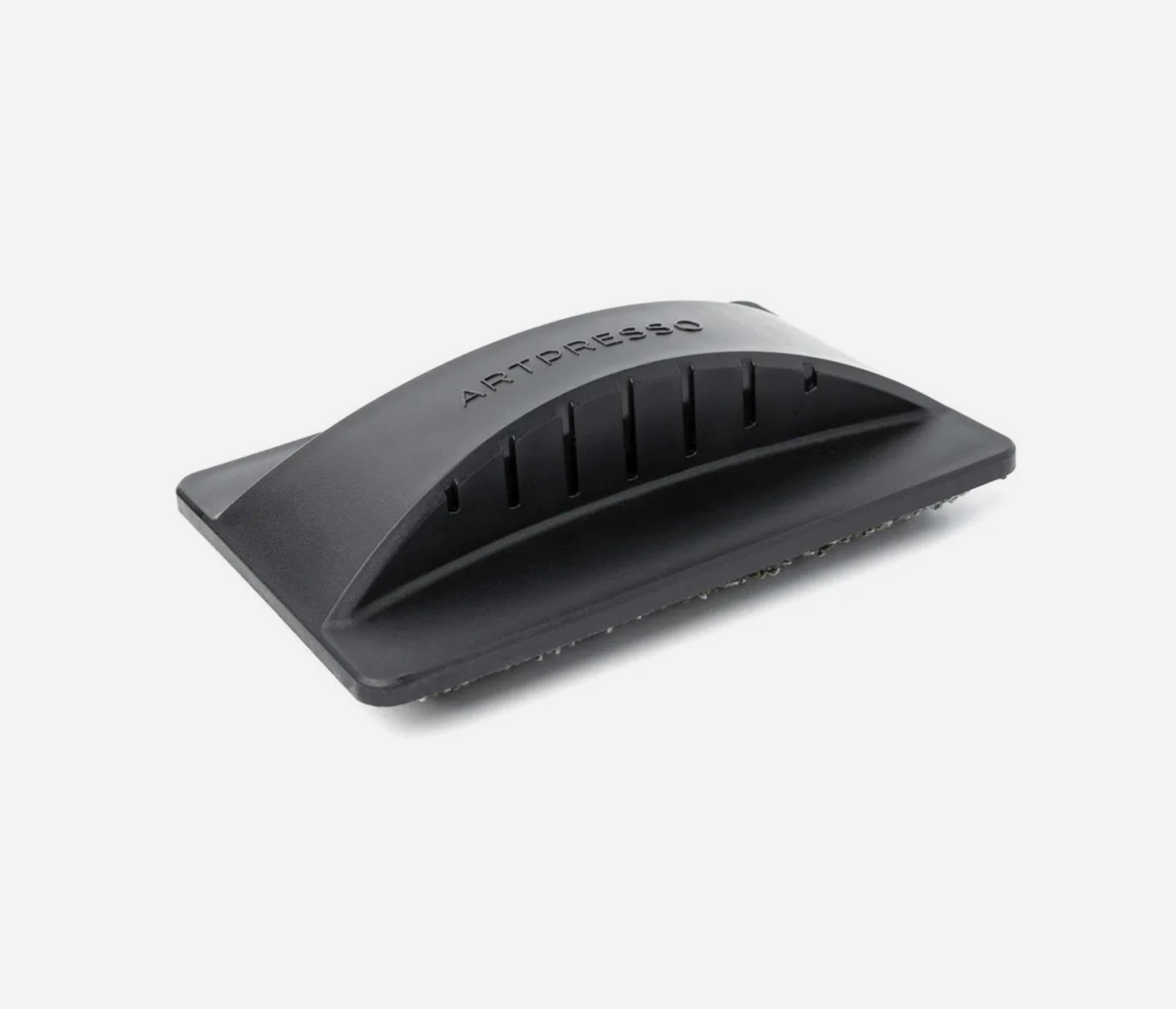Costa Rica Cedral Alto (250gr)
Embark on a sensory journey with our Tarrazú coffee, where delightful notes of nutmeg and hazelnut fill both aroma and flavor. Enjoy a smooth, velvety body that delights the palate. The pleasant citrus aftertaste blends with the richness of cocoa and dark chocolate, accompanied by the lingering essence of hazelnut. Immerse yourself in the exquisite balance of these flavors, carefully crafted for a truly satisfying coffee experience.
FARM: Cedral Alto
Roble Negro coffee is meticulously processed at the Roble Negro micromill, under the careful stewardship of Jorge Vasquéz Ureña. Situated in the town of Aserrí, within Costa Rica's Tarrazú region, this micromill and its accompanying coffee farm, Finca Cedral Alto, lie just 45 minutes outside the capital city of San José.
The name "Roble Negro," meaning "black oak," and "Cedral Alto," signifying "high cedar grove," reflect Jorge's profound commitment to trees, forestation, and environmental preservation in his coffee production. Spanning 22.5 hectares, Cedral Alto boasts 12 hectares of primary forest, 6.5 hectares dedicated to reforestation and pasture land, and 3 hectares allocated for coffee cultivation. The farm, positioned between the Pacific side of the country and the Central Valley region, ranges from 1750 to 2000 meters above sea level, featuring natural springs and freshwater sources protected and kept clean by its forested areas.
Located in the southern Pacific region south of Costa Rica's capital city, San Jose, the high-altitude Tarrazú region is renowned for its dense coffee cultivation. Referred to locally as "Zona de Los Santos" due to the abundance of towns with "San" or "Santa" in their names, many farms in this area are situated at or above 2000 meters above sea level.
Tarrazú experiences two distinct seasons—a seven-month rainy period from May to November and a dry season from December to April. This climate promotes consistent coffee blossoming. With an annual precipitation of around 2,400 millimeters (94.5 inches) and an average temperature of 19°C (66.2°F), the region provides an ideal environment for coffee cultivation.
The fertile, volcanic soils and rolling mountainsides of Tarrazú are conducive to various agricultural activities. Local smallholders cultivate not only coffee but also bananas, avocados, and citrus fruits on generational properties. The community spirit and strong family ties are evident in Tarrazú, where producers take pride in caring for their land. Many farms in the region feature primary forests, shade trees, and a commitment to preserving natural water sources that originate from the mountainsides.



Costa Rica Cedral Alto arrived to our roastery via EL CAFÉ, a company established in 2000 by Vasileios G. Anastasopoulos that is solely concerned in the coffee producing countries with discovering new coffee varieties on special farms.
Since then they supplie most of the largest coffee producing companies in Greece, by remaining as a dedicated green coffee import and trading company.
About Roble Negro
PRODUCER:Jorge Vasquéz Ureña
TERROIR:Tarrazu
ALTITUDE:1875 m
PROCESS:Washed
ARRIVED IN:60kg Bags
VARIETIES:Catuai
AROMA:Hazelnut, Nutmeg
FLAVOR:Hazelnut, Dark Chocolate
BODY:Smooth
FINISH:Brown sugar, citrus
Roble Negro micromill, nestled in Tarbaca, Aserrí, Costa Rica, partners with local coffee growers to produce distinctive, traceable lots and facilitate global market access. Established in November 2019, the micromill initially featured drying beds and patios, later expanding in 2020 to process Natural, Honey, and Washed coffees. Equipped with essential facilities like a gravity station, floatation tanks, and more, Roble Negro prioritizes quality and sustainability.
Jorge's micromill is renowned for its high-quality standards and eco-friendly practices, minimizing nonrenewable resource usage. Operations focus on repurposing waste into natural fertilizers and recycling packaging materials like GrainPro through global partnerships.
This Catuai coffee lot, processed naturally at Roble Negro, undergoes meticulous drying for 20–30 days, turned every three hours for even moisture distribution. After resting in the warehouse for at least two months, the dried cherries are milled and prepared for export, showcasing the micromill's commitment to quality and sustainable coffee production.



